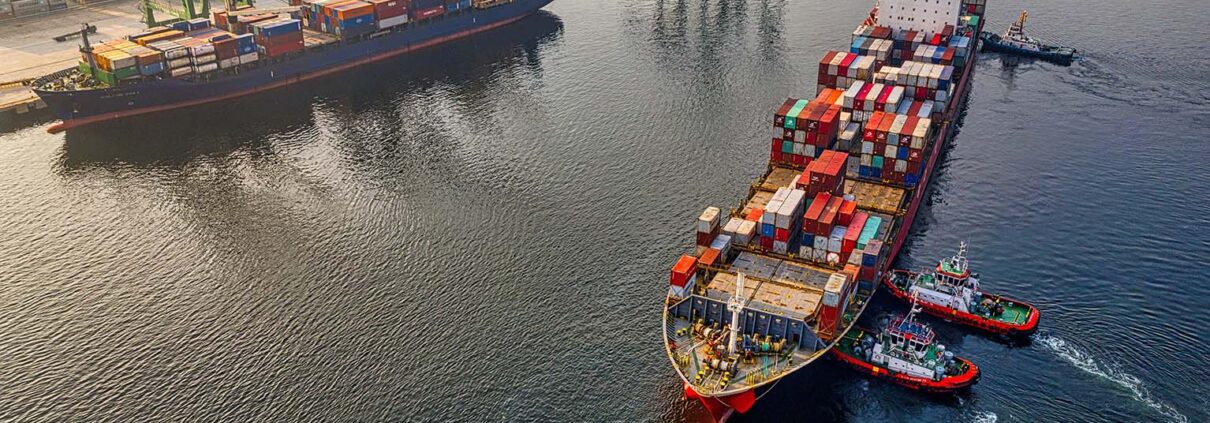A tugboat can move ships hundreds of times its own size. For anyone that grew up around a marine port, like myself along the West Seattle shoreline, it can be a mesmerizing experience to watch these small boats guide immense cargo vessels to the docks. Built to be powerful and compact, they’re the shepherds of massive vessels, a keystone facilitator of trade and commerce, and operate with precision in high-stakes environments. Ignoring for a moment the pressing environmental impacts on marine systems that the maritime shipping industry can bring, I’d like to imagine the Ocean Science Trust (OST) as one of those mighty tugs. OST’s relatively small collective of dedicated scientists, policy experts, and facilitators (and honestly, that’s probably more of a description of the many hats they wear) work to guide other organizations, scientific researchers, and policymaking entities toward actionable, scientifically-informed marine policy decisions.
This metaphor still does not do OST complete justice. In my short time as a summer OST intern, I’ve come to realize how complex and difficult it is to inform decisions with science. I’ve had the opportunity to see what it takes to make these types of networks and working groups come together. And beyond just moving stakeholders and policymakers into collaborative ports, OST ensures advantageous knowledge exchange between partners.
Take the issue of ocean acidification (OA) and hypoxia – a topic I’ve been immersed in for nearly a year – for example. In collaboration with other NOAA-funded researchers, OST is helping to investigate the scientific and social complexities involved in addressing ocean acidification; specifically how best to align stakeholder-identified solutions to existing policy and management practices. Issues such as OA are often called “wicked problems”, which are multidimensional issues that are difficult to define and often emanate as symptoms of other problems. To make matters worse, wicked problems often fall against a backdrop of dwindling resources, or at the very least, an increasing ratio of complexity to resources.
Many different perspectives and subject matter experts are required to begin addressing these complex issues, and facilitation and guidance is an important first step. Yet, boundary spanning organizations such as OST remain rare. The importance of moving the needle of applied research into real outcomes and policy guidance cannot be understated, and like the reliable tugs of modern ports, our policy and scientific research systems must invest in those shepherding entities. Being aboard OST this summer, I was fortunate enough to see the moves required to inform policy with science, and look forward to the possibility of incorporating similarly honed techniques, tools, and expertise in whatever policy waters I may float into next.




